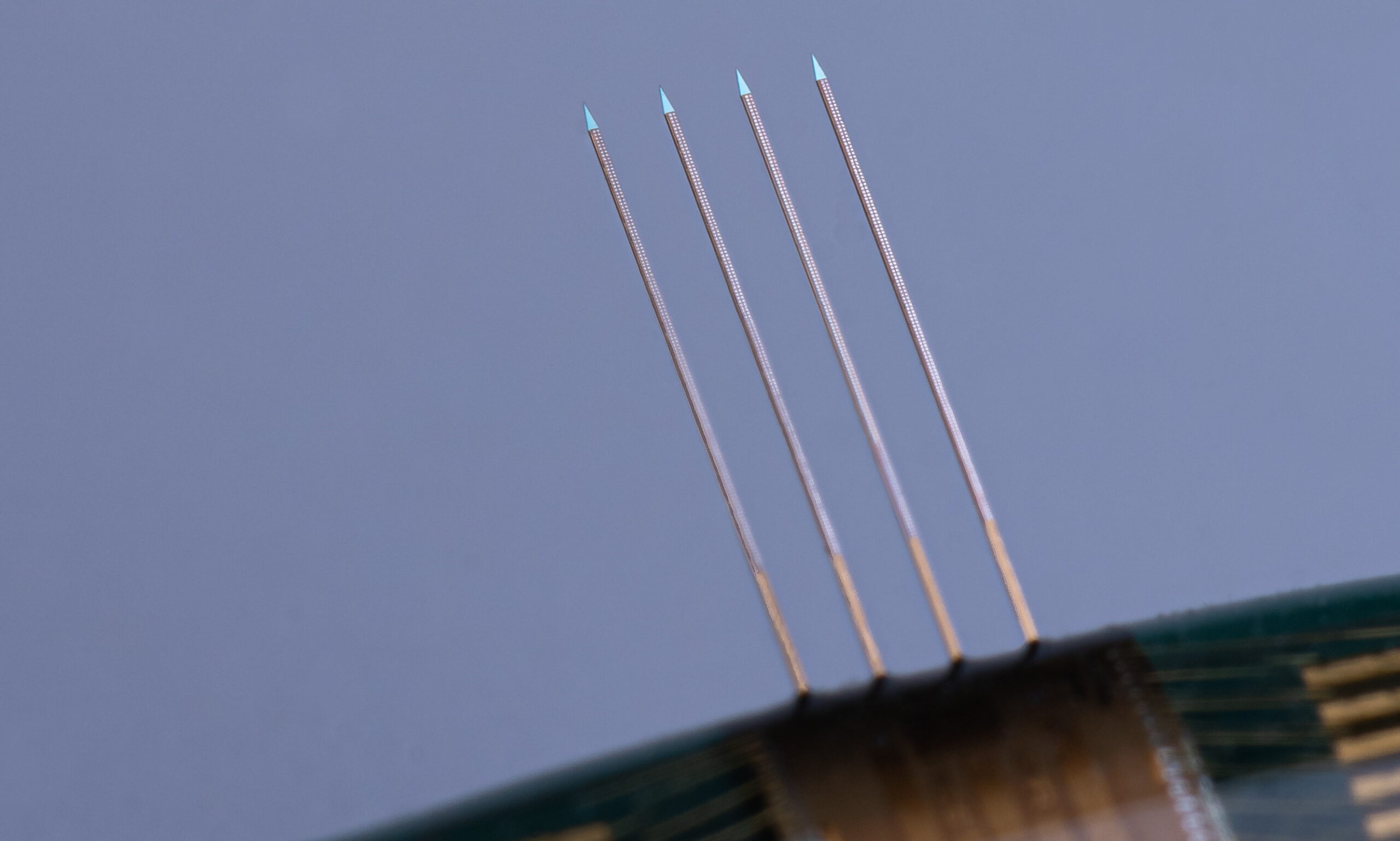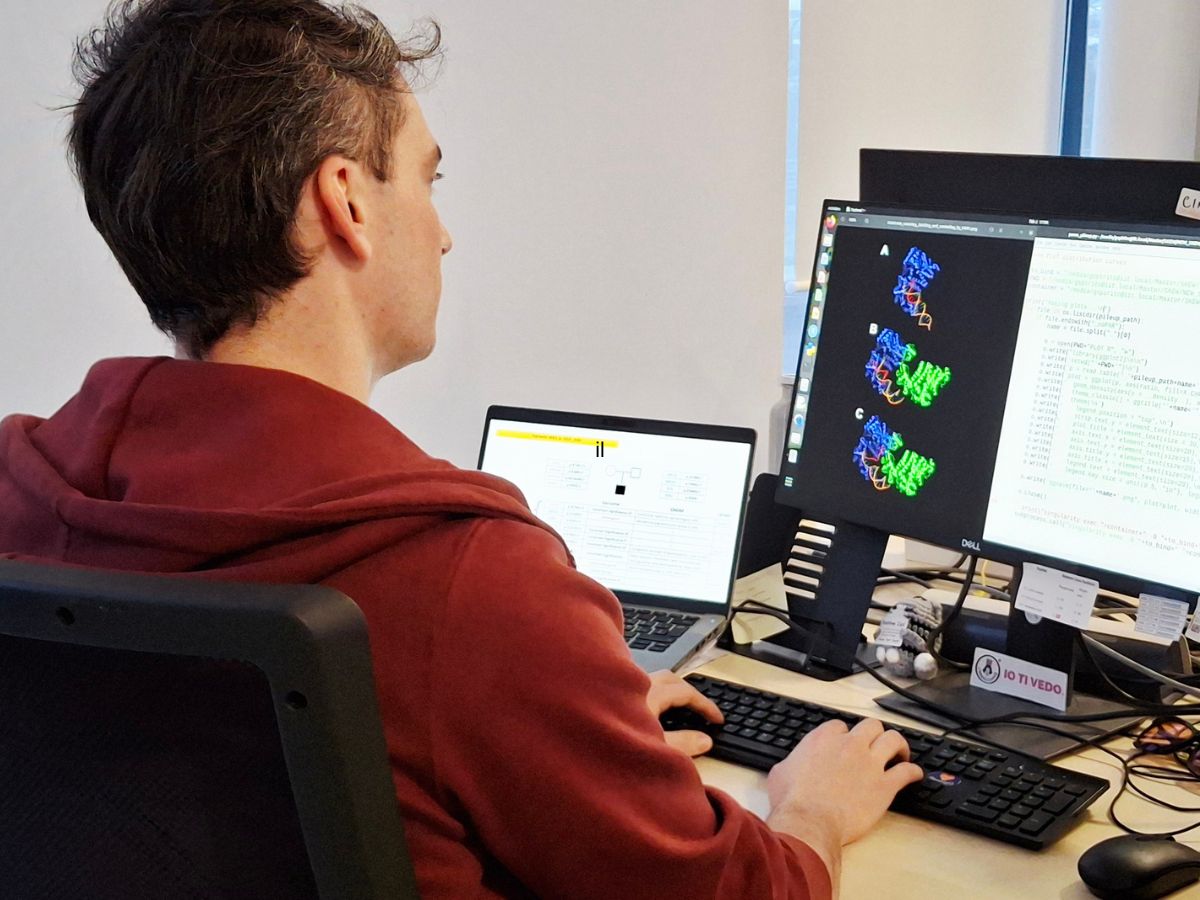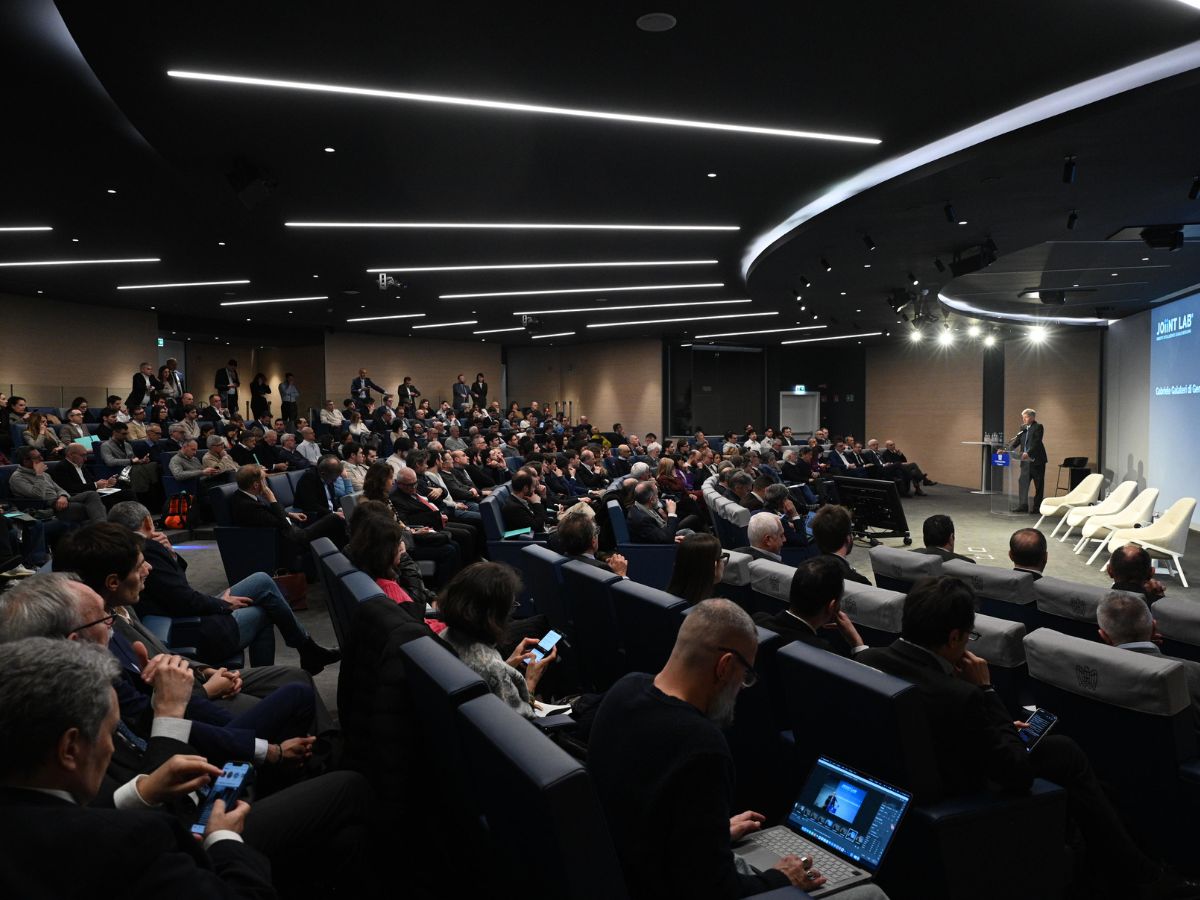The IIT start-up, which is based in Genoa, will bring SiNAPS, an innovative technology for studying the brain, to the market by the end of 2021, thanks to private funding of 2 million euro.
From the research of the Microtechnology for Neuroelectronics team at the Italian Institute of Technology (IIT), led by Luca Berdondini, came Corticale Srl, the IIT start-up operating in the field of neuroelectronics, which will provide the tools to ‘listen’ to the brain as never before. The fledgling company, which opened its headquarters in Genoa, began operations thanks to €2 million in funding from Giuseppe Santella, an entrepreneur and top manager with thirty years’ experience in numerous companies, who joins the start-up as co-founder and president.
Corticale’s first objective will be to bring to market SiNAPS (Simultaneous Neural Recording Active Pixel Sensor technology), which provides new opportunities for studying the functioning of the brain with applications in the diagnostic, therapeutic and pharmacological fields. SiNAPS is a technology that will initially target leading neuroelectronics companies and research centres worldwide and will be available by the end of 2021. Subsequently, in the coming years, it will also be accessible to the clinical and hospital sector for specific case studies, so as to bring SiNAPS to the benefit of as many patients as possible.
The startup team is composed of co-founder-founder Giuseppe Santella (entrepreneur and manager – President and CEO), the three co-founding technology partners Fabio Boi (robotics engineer – Technology Director – CTO), Gian nicola Angotzi (electronics engineer – Scientific Director – CSO) and Luca Berdondini (engineer in microtechnology applied to neuroscience – scientific advisor). The team has already recruited its first employees for the development of the production line, the R&D department and for administration, and will offer various job opportunities as early as next year.
The technology developed by the IIT laboratories and now brought to market by Corticale (SiNAPS) makes it possible to create implantable devices equipped with thousands of neural sensors the size of a hair. Each device allows the bioelectric activity of an incredibly large number of neurons in different brain circuits to be recorded (‘listened to’). The brain data stream captured by these ultra-high-resolution devices will be able to be acquired and analysed and will offer completely new access to study the principles of brain functioning and pathologies and new opportunities for the development of bio-electronic medical devices for the diagnosis and treatment of diseases such as epilepsy, Alzheimer’s and Parkinson’s. It will also enable the creation of state-of-the-art human-machine neural interfaces to control electronic or robotic devices such as lower and upper limb prostheses or exoskeletons.
“We can think of SiNAPS as a new way of observing the functioning of the brain that revolutionises the study of the brain, greatly expanding our ability to understand this organ that has yet to be explored in part,’ explains Luca Berdondini, head of the IIT Microtechnology for Neuroelectronics team and scientific advisor to Corticale, and continues, ‘It is in fact a technological leap forward that changes the cards on the table and opens up new perspectives by giving us an unprecedented degree of definition of the communication mechanisms between nerve cells. A bit like when we went from analogue to digital systems or from cathode ray tube screens to ultra flat, full HD screens,’ Berdondini concludes.
“In recent years, research in the field of neural interfaces has received a great deal of attention, including in the media. Just think of Neuralink, the company founded by Elon Musk, which is working in that very direction, albeit sometimes with different goals from ours. Corticale will in fact focus exclusively on the clinical applications of such tools in order to improve the lives of millions of patients suffering from diseases linked to the nervous system,‘ comments Fabio Boi, IIT researcher and Corticale’s Technology Director. ‘In the past, we have been in contact with Musk’s company and we have verified that the neural interfaces developed at IIT were not only state-of-the-art, but that they even made it possible to listen to the brain in a much more refined way than Neuralink itself does today.’ Boi concludes.
‘Corticale is the third start-up born from IIT research in just six months. All three new companies have attracted significant capital and expertise and have a focus on life sciences; this demonstrates the quality of IIT’s research in this field and” comments Matteo Bonfanti Director of Technology Transfer IIT “With a total of over 8 million private investments in our technologies we refer to the first six months of 2021 as the “golden semester of startups” and we have no intention of stopping” concludes Bonfanti.
Corticale expects to reach break-even within the next three years, during which time it will develop a portfolio of new technologies in the field of neuroscience that will be at the heart of near-future diagnostic, monitoring, and therapeutic tools for the exclusive benefit of patients.






